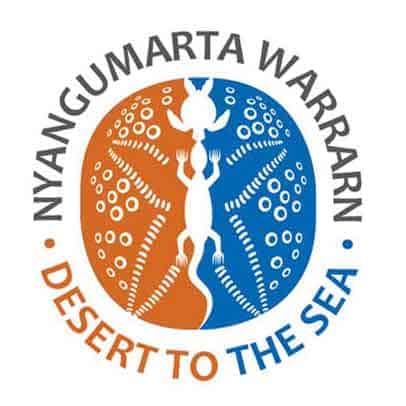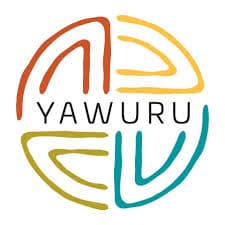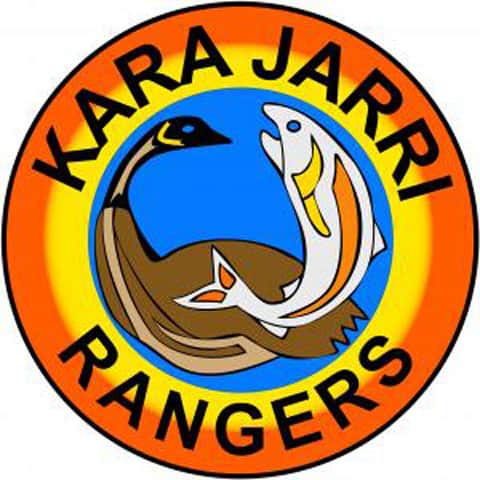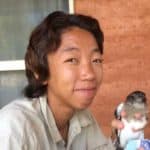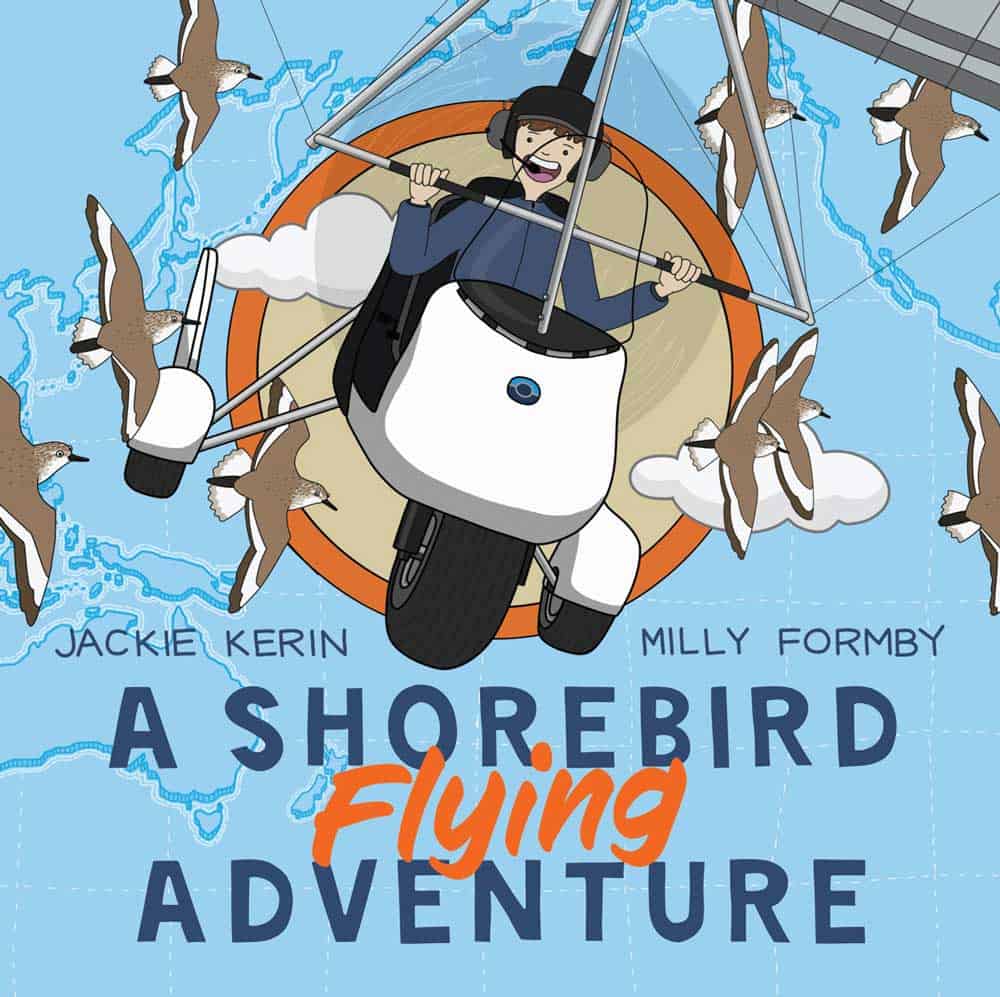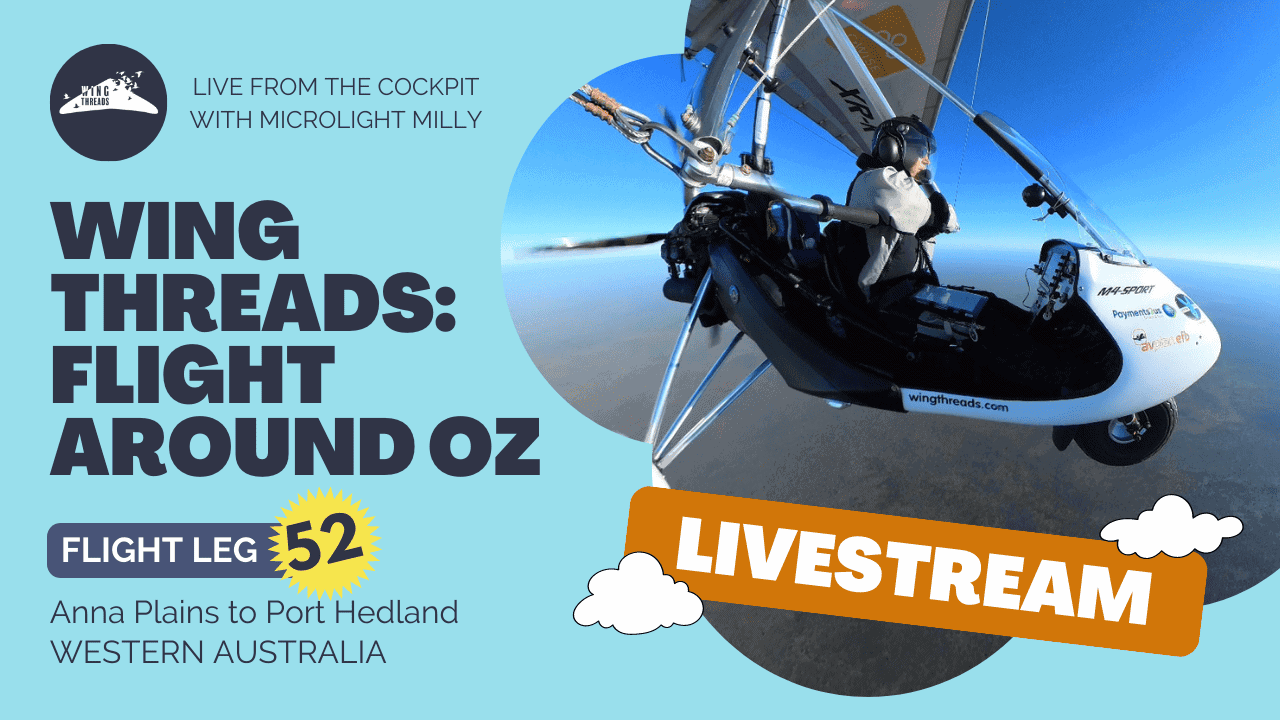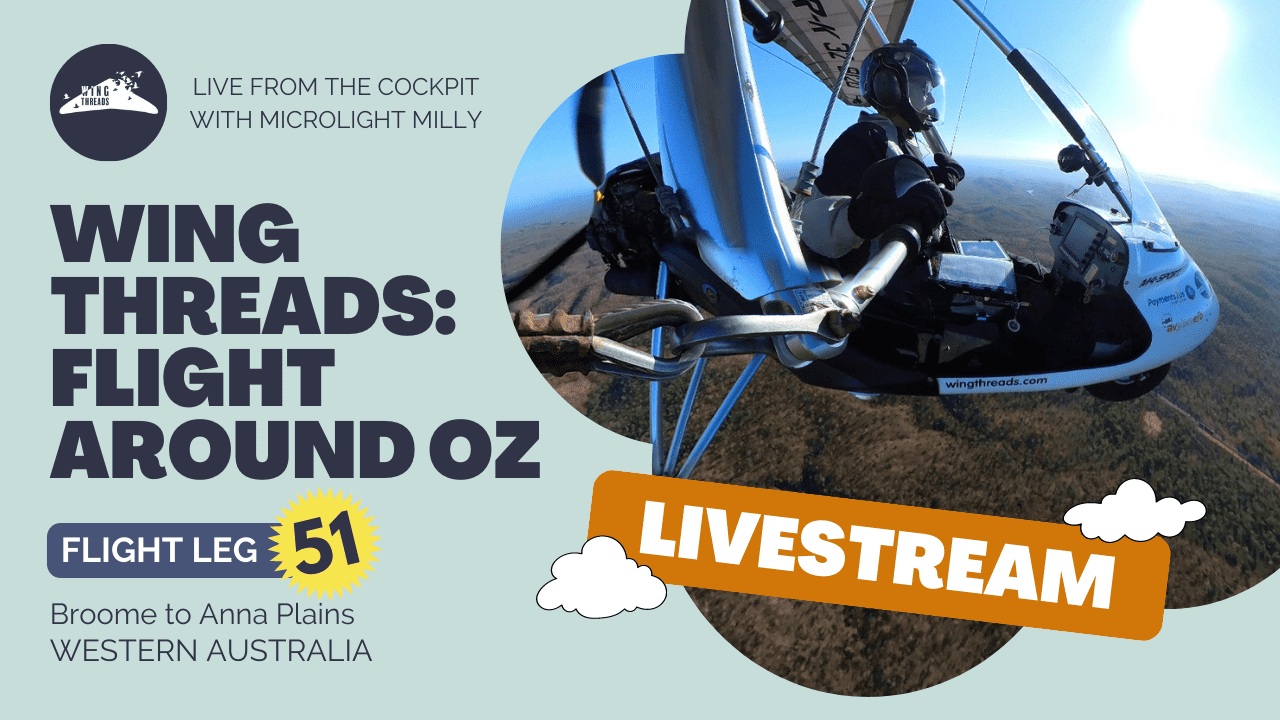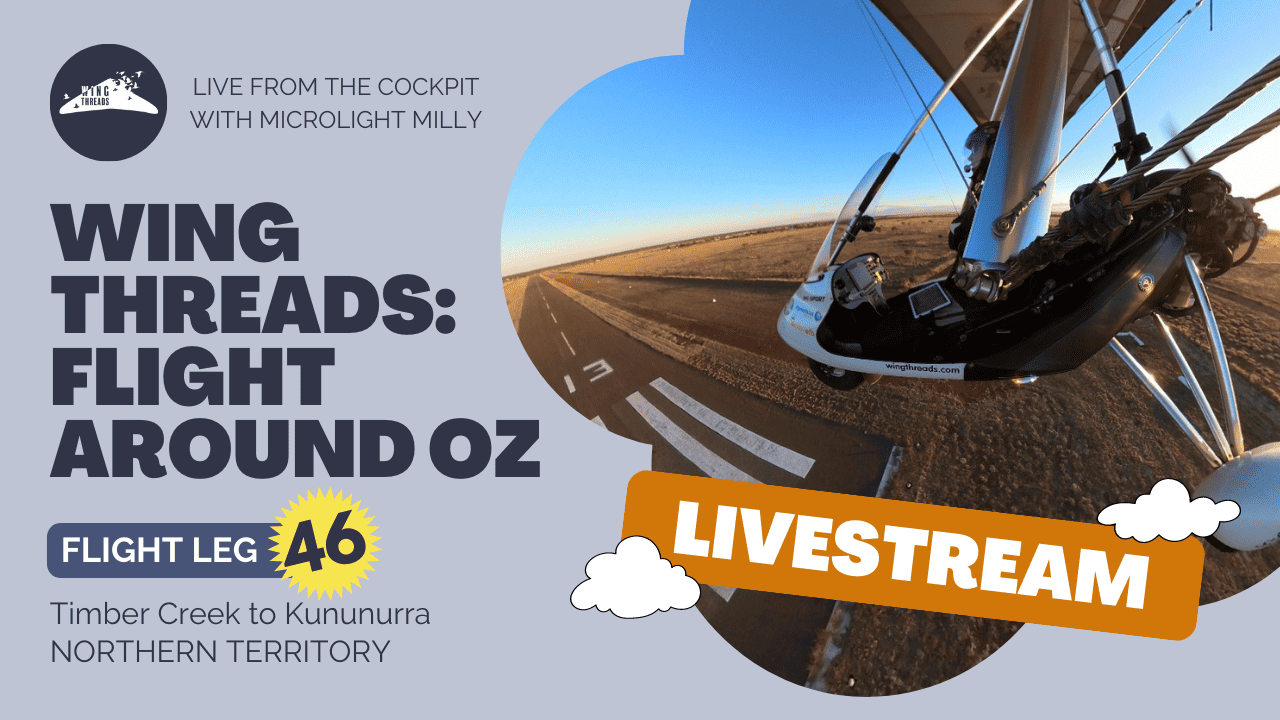Long-haul flight home
One of our Whimbrels is on its way back from the breeding grounds! After staying and replenishing in North Korea for 23 days, KS made its move on the evening of September 6th.
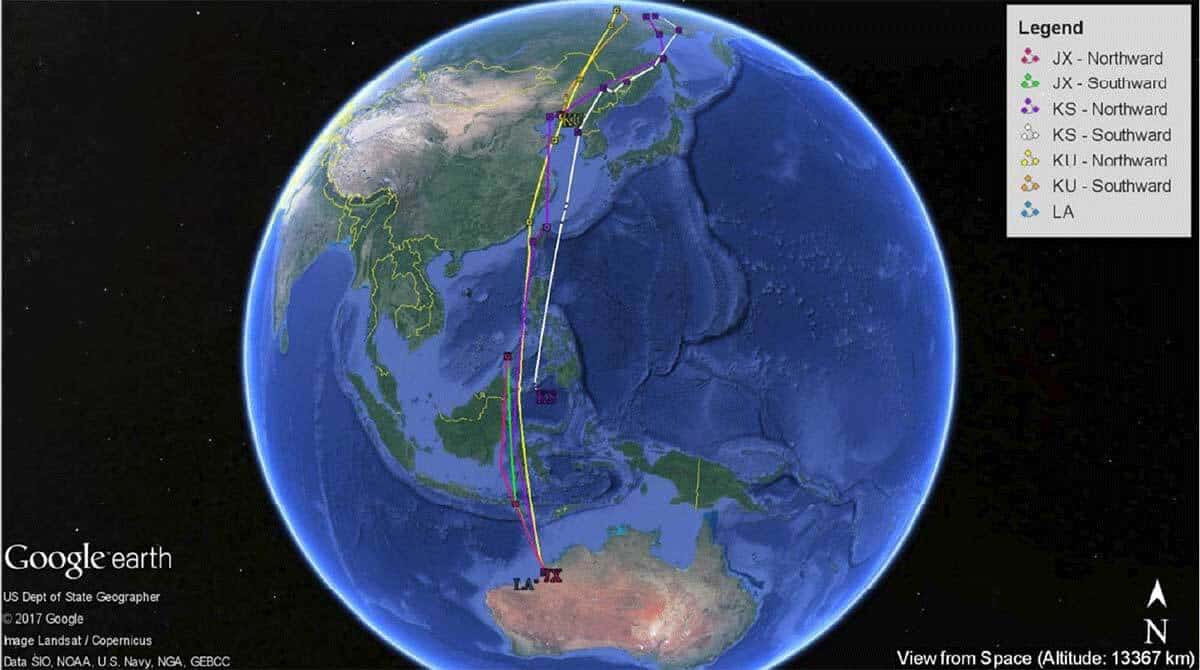

Whimbrel KS
KS has flown 3,671km non-stop for 4 days already and is currently located between Borneo and the Philippines. With the aid of southerly winds, KS has flown south with an average speed of 38kph. Satellite signals received on 8th September, show KS averaging a speed of 55kph for 5 hours during the flight (Figure 1.)!
KS is currently about 2,500km away from Broome. If it continues to fly without stopping, it is expected to be home within 3 days time.
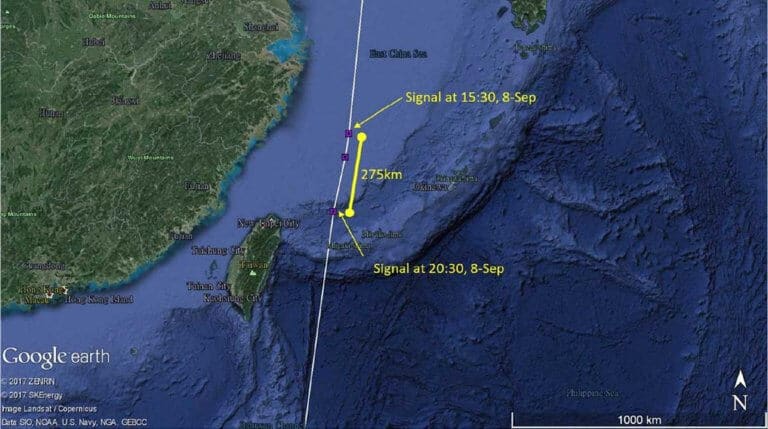
Whimbrel KU
Meanwhile, KU is spending its 35th day at Yingkou, Liaoning Province. We are expecting it to start migrating south very soon like KS. We are still receiving regular signals from JX and LA from Broome and Eighty Mile Beach.
Another update will be sent out as soon as KS reaches home.
Acknowledgements
Clive Minton
The extensive and expensive satellite tracking program we have set up in NWA has only been possible through the efforts and generosity of a large number of people and organizations. It is difficult to know where to start with the formal acknowledgements so I will list them – but not in any particular order of priority.
- The members of the AWSG NWA 2019 Wader and Tern Expedition and similar NWA expeditions in previous years, are particularly thanked for their efforts in the field in catching, banding and deploying transmitters on a range of species.
- Landowners are especially thanked for permission to go onto their property to enable us to catch various species in order to deploy the satellite transmitters. In particular we thank Anna Plains Station for giving us the freedom to roam over large areas of grazed grassland when counting and catching target species.
- AWSG acknowledges the Yawuru People via the offices of Nyamba Buru Yawuru Limited for permission to catch birds on the shores of Roebuck Bay, traditional lands of the Yawuru people.
- AWSG acknowledges the Karajarri and Nyangumarta people for permission to catch birds to be marked for this project on the shores of 80 Mile Beach, traditional lands of the Karajarri and Nyangumarta.
- The cost of the satellite transmitters, which cost around $5000 each, and the satellite downloading costs (around $1000-1500 per month) have been met by a variety of sources. Private individuals (Charles Allen and Doris Graham) have made most generous individual contributions. Kate Gorringe-Smith and her team of artists involved in The Overwintering Project made a large, generous donation from funds raised during their various public exhibitions. The annual NWA Expedition members, collectively, also provided significant funds each year.

